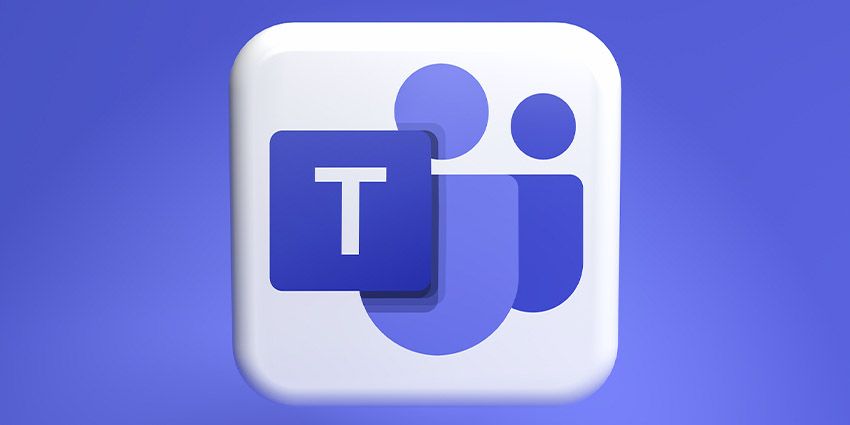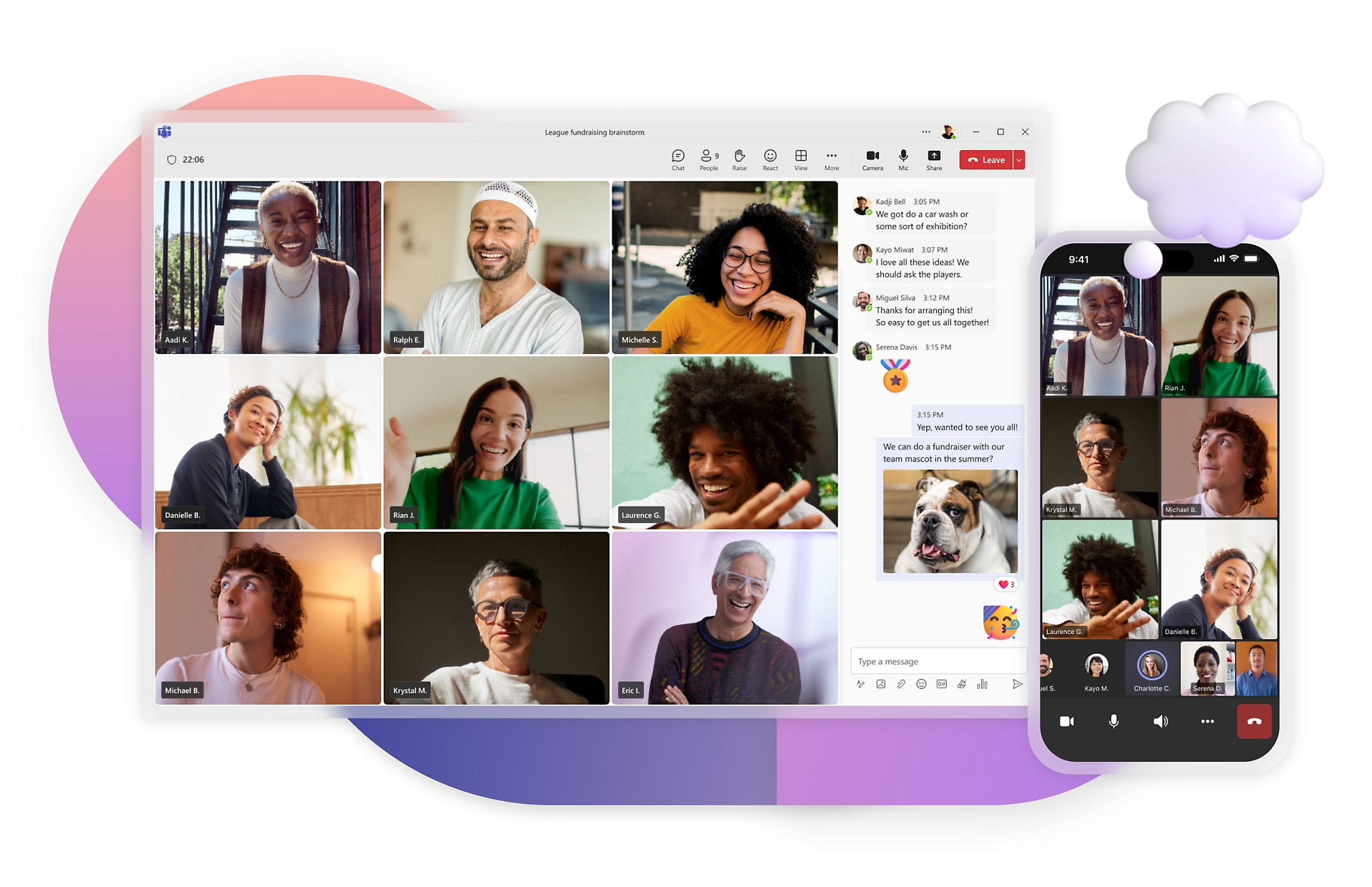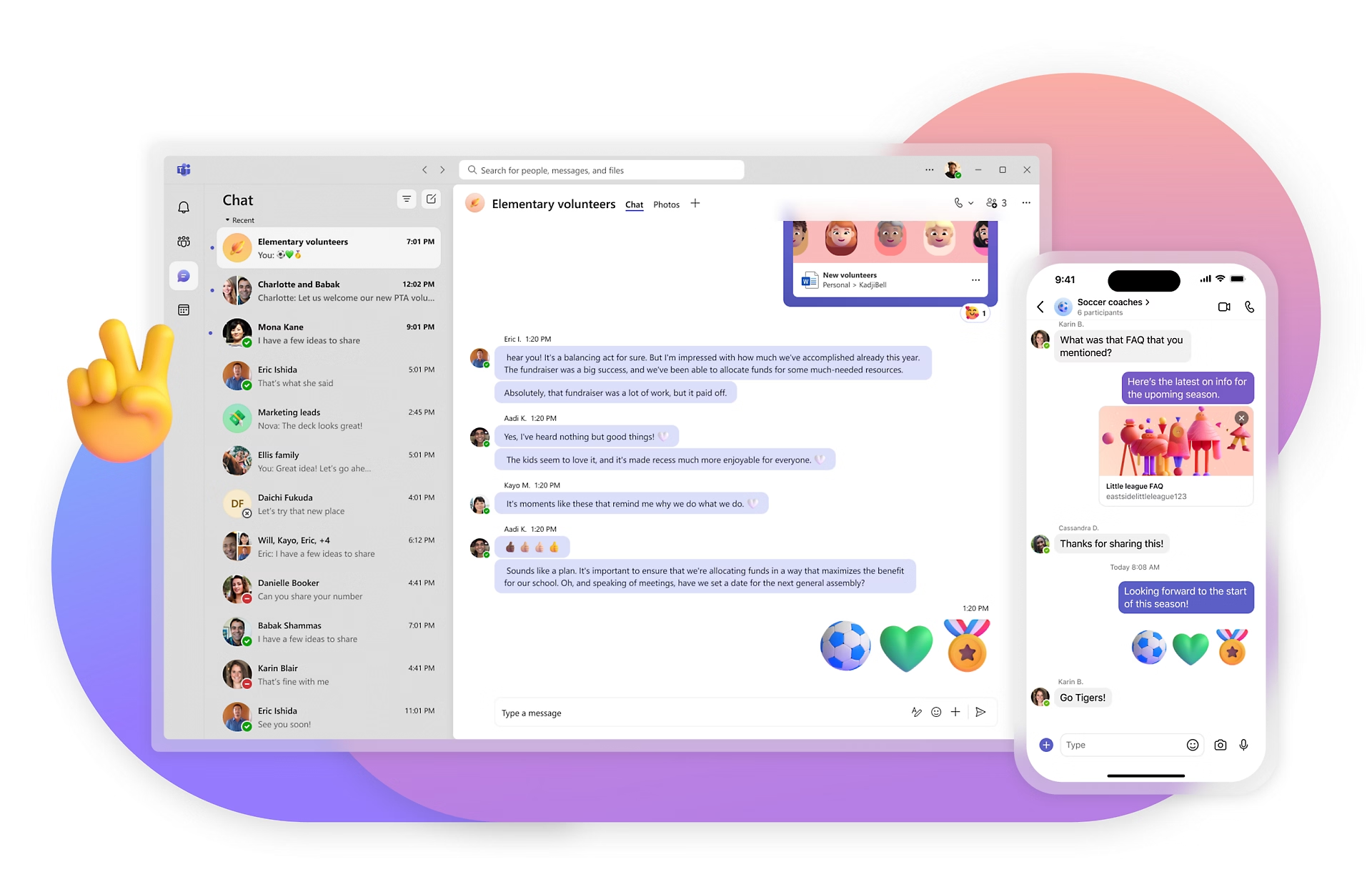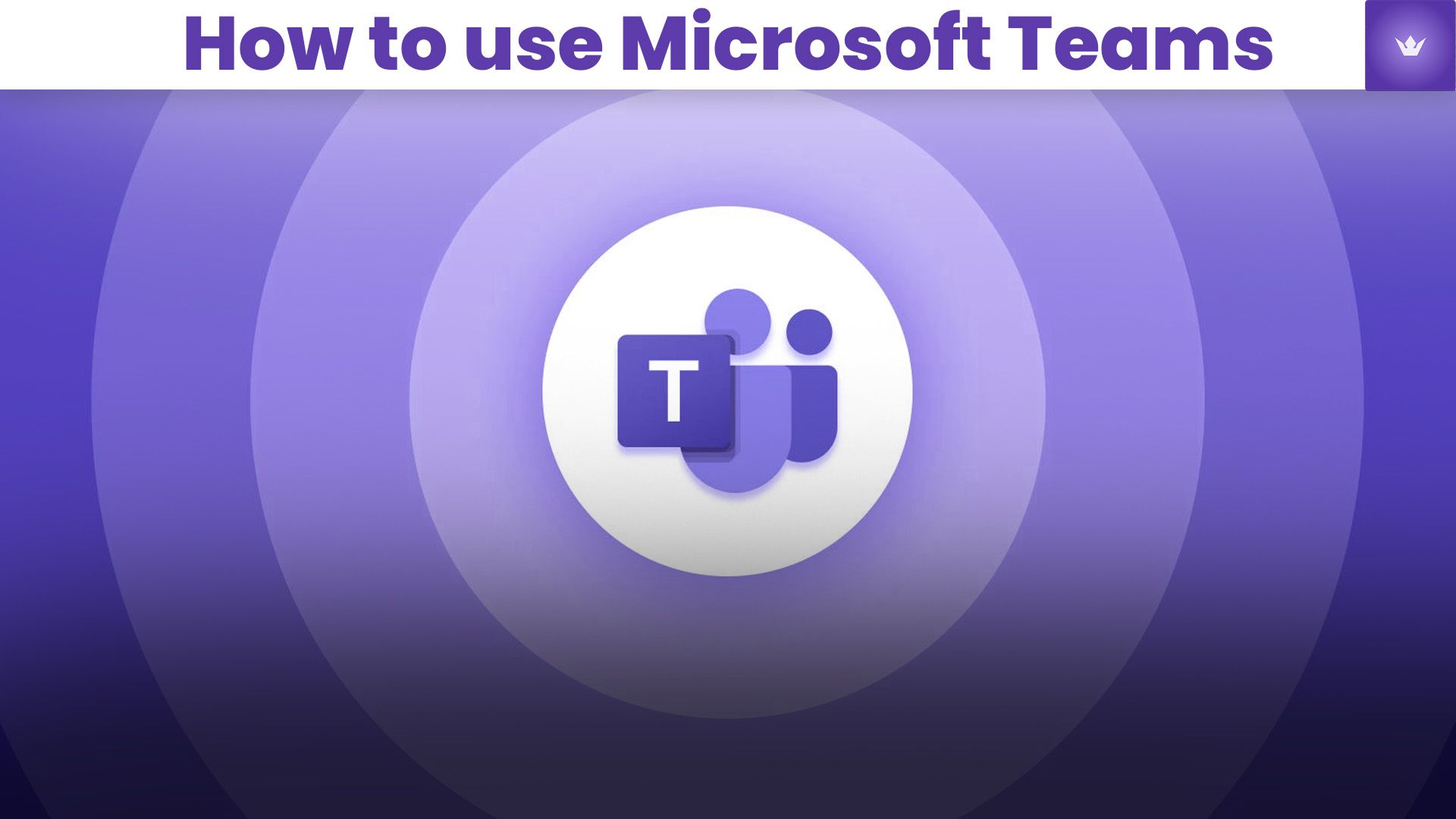Table of Contents
- Introduction to Microsoft Teams in 2025
- Getting Started with Microsoft Teams
- Key Features and Functionalities
- Collaborating Effectively in Microsoft Teams
- Advanced Tips and Tricks
- Integrating Microsoft Teams with Other Tools
- Conclusion
- FAQ
Introduction to Microsoft Teams in 2025
As we dive into 2025, Microsoft Teams has solidified its position as a leading collaboration platform for businesses and organizations worldwide. This powerful tool has evolved significantly, offering a seamless blend of communication, project management, and productivity features. Whether you're a seasoned user or just getting started, this guide will walk you through how to use Microsoft Teams effectively in the current landscape. Info-key: According to recent statistics, over 80% of Fortune 500 companies are now using Microsoft Teams as their primary collaboration platform in 2025. Microsoft Teams has become more than just a chat and video conferencing tool. It's now an integral part of the modern workplace, facilitating remote work, hybrid environments, and fostering collaboration across time zones and geographical boundaries.

Getting Started with Microsoft Teams
Setting Up Your Account
To begin using Microsoft Teams, you'll need to set up an account. Here's a quick step-by-step guide:
- Visit the official Microsoft Teams website: https://www.microsoft.com/en-us/microsoft-teams/group-chat-software
- Click on the "Sign up for free" button
- Enter your email address (work or school email preferred)
- Choose between a work/school account or a personal account
- Follow the prompts to create your password and set up your profile
Navigating the Interface
Once you're logged in, you'll be greeted by the Teams interface. Here are the main components:
- Teams and Channels: The backbone of collaboration in Microsoft Teams
- Chat: For direct messaging and group conversations
- Calendar: Integrated with your Outlook calendar for seamless scheduling
- Files: Access to shared documents and files
- Apps: Integration with various Microsoft and third-party applications
Customizing Your Experience
Take some time to personalize your Teams experience:
- Set your status and availability
- Choose your notification preferences
- Customize your theme and layout
Key Features and Functionalities
Microsoft Teams offers a wide array of features designed to enhance collaboration and productivity. Let's explore some of the most important ones:
Communication Tools
- Chat: Instant messaging for quick conversations
- Video Meetings: High-quality video conferencing with screen sharing capabilities
- Voice Calls: VoIP calling within the platform
- Channels: Topic-based conversations within teams
Collaboration Features
- Document Sharing: Real-time collaboration on Office documents
- Co-authoring: Multiple users can edit documents simultaneously
- Whiteboard: Digital canvas for brainstorming and ideation
Task Management
- Planner: Built-in task management tool
- To-Do Integration: Syncs with Microsoft To-Do for personal task lists
- Assignments: Create and track assignments within educational teams
Collaborating Effectively in Microsoft Teams
To make the most of Microsoft Teams, it's essential to understand how to collaborate effectively within the platform.
Creating and Managing Teams
- Create teams for different projects, departments, or topics
- Invite relevant members to join the team
- Set up channels within teams for specific discussions or workstreams
Utilizing Channels
Channels are the lifeblood of collaboration in Teams. Here's how to use them effectively:
- Create channels for specific topics or projects within a team
- Use the General channel for team-wide announcements
- Pin important files or links at the top of channels for easy access
Best Practices for Communication
- Use @mentions to notify specific team members
- Reply in threads to keep conversations organized
- Use emojis and GIFs to add personality to your messages (but keep it professional)
Leveraging File Sharing and Collaboration
Microsoft Teams integrates seamlessly with OneDrive and SharePoint, making file sharing and collaboration a breeze:
- Upload files directly to channels or chats
- Co-edit documents in real-time with colleagues
- Use version history to track changes and revert if necessary

Advanced Tips and Tricks
For power users looking to take their Microsoft Teams experience to the next level, here are some advanced tips and tricks:
Keyboard Shortcuts
Learning keyboard shortcuts can significantly boost your productivity. Here are a few essential ones:
- Ctrl + E: Search
- Ctrl + N: Start a new chat
- Ctrl + Shift + M: Toggle mute in a meeting
Using Bots and Apps
Microsoft Teams supports a wide range of bots and apps that can enhance your workflow:
- Polly: For quick polls and surveys
- Trello: Task management integration
- Zoom.ai: AI-powered scheduling assistant
Power Automate Integration
Use Power Automate (formerly Microsoft Flow) to create custom workflows and automate repetitive tasks within Teams.
Integrating Microsoft Teams with Other Tools
One of the strengths of Microsoft Teams is its ability to integrate with a wide range of tools and services. Here's a comparison of some popular integrations:
| Integration | Type | Key Features |
|---|---|---|
| Office 365 | Productivity | Seamless integration with Word, Excel, PowerPoint |
| Salesforce | CRM | View and update customer records directly in Teams |
| Jira | Project Management | Create and track issues without leaving Teams |
| Zoom | Video Conferencing | Launch Zoom meetings from within Teams |
| Asana | Task Management | Manage tasks and projects alongside team communication |
To add integrations:
- Click on the Apps icon in the left sidebar
- Search for the app you want to integrate
- Click "Add" to install the app to your Teams environment
Remember to check with your IT department about which integrations are approved for use in your organization.
Conclusion
Microsoft Teams has become an indispensable tool for modern collaboration in 2025. By mastering its features and incorporating best practices, you can significantly enhance your team's productivity and communication. Whether you're working remotely, in a hybrid environment, or in-office, Microsoft Teams provides the flexibility and functionality to keep your team connected and efficient.
As you continue to explore and use Microsoft Teams, remember that the key to success is not just in the tool itself, but in how you and your team utilize it. Encourage open communication, establish clear guidelines for use, and don't be afraid to experiment with new features and integrations.
Ready to take your Microsoft Teams usage to the next level? Start by implementing one new tip or feature from this guide in your daily workflow. Share your experiences with your team and continue to learn and adapt together.

FAQ
Q1: Can I use Microsoft Teams for free?
A: Yes, Microsoft offers a free version of Teams with limited features. However, for full functionality, including advanced security and compliance features, you'll need a paid Microsoft 365 subscription.
Q2: How many people can join a Microsoft Teams meeting?
A: As of 2025, Microsoft Teams supports up to 1,000 participants in a single meeting. For larger events, Teams Live Events can accommodate up to 20,000 attendees.
Q3: Is Microsoft Teams secure for sensitive business communications?
A: Yes, Microsoft Teams incorporates enterprise-grade security measures, including end-to-end encryption, multi-factor authentication, and compliance with various industry standards. However, always follow your organization's security guidelines.
Q4: Can I use Microsoft Teams on my mobile device?
A: Absolutely! Microsoft Teams has mobile apps available for iOS and Android devices, allowing you to stay connected on the go.
Q5: How does Microsoft Teams compare to other collaboration platforms like Slack or Zoom?
A: While all these platforms offer communication and collaboration features, Microsoft Teams stands out with its deep integration with Office 365 suite and its all-in-one approach to chat, video conferencing, and document collaboration. The choice often depends on your specific organizational needs and existing tech stack.
Q6: Can I customize the appearance of my Microsoft Teams?
A: Yes, you can customize various aspects of Teams, including themes, notification settings, and even create custom backgrounds for video calls. These options can be found in the Settings menu, accessible from your profile picture.


